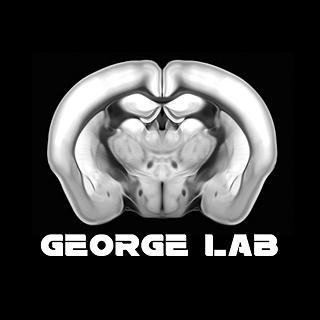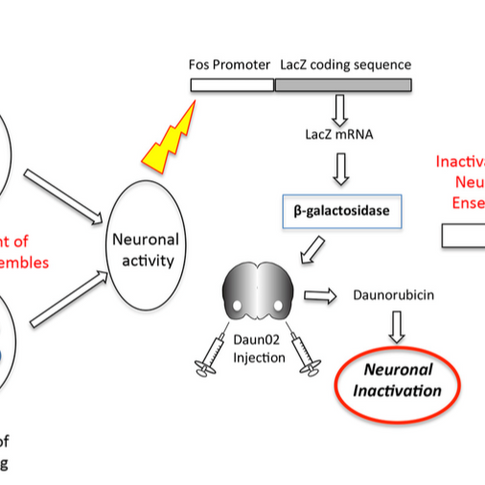Reversal of alcohol dependence by pharmacogenetic manipulation of a neuronal ensemble.
- Olivier George
- Sep 7, 2016
- 1 min read
The George lab published a novel study identifying a neuronal network that may be critical for alcoholism.
This preclinical study lead by Dr. De Guglielmo (postdoc in the George lab) demonstrates that the behaviors associated with alcohol dependence may be reversed by performing a single pharmacogenetic intervention in the brain.
The results of this study show that in rats that were heavily dependent on alcohol, both the compulsive alcohol drinking and the physical signs of withdrawal could be reversed back to normal by inactivating a specific neuronal ensemble in a brain region called the central nucleus of the amygdala.
A key result in this study is the very long-lasting reversal of alcohol dependence (> 2 weeks) after a single brain manipulation, suggesting that we could use this neuronal network to identify new molecular targets and better medications for the treatment of alcoholism.
The George lab is currently working on identifying the brain regions under the control of this neuronal network and on identifying new molecular targets in this network that could be used for medication development.
Article on the Journal of Neuroscience's website:
Giordano de Guglielmo, Elena Crawford, Sarah Kim, Leandro F. Vendruscolo, Bruce T. Hope, Molly Brennan, Maury Cole, George F. Koob, Olivier George. Journal of Neuroscience. September 7, 2016 • 36(36):9446 –9453








Comments